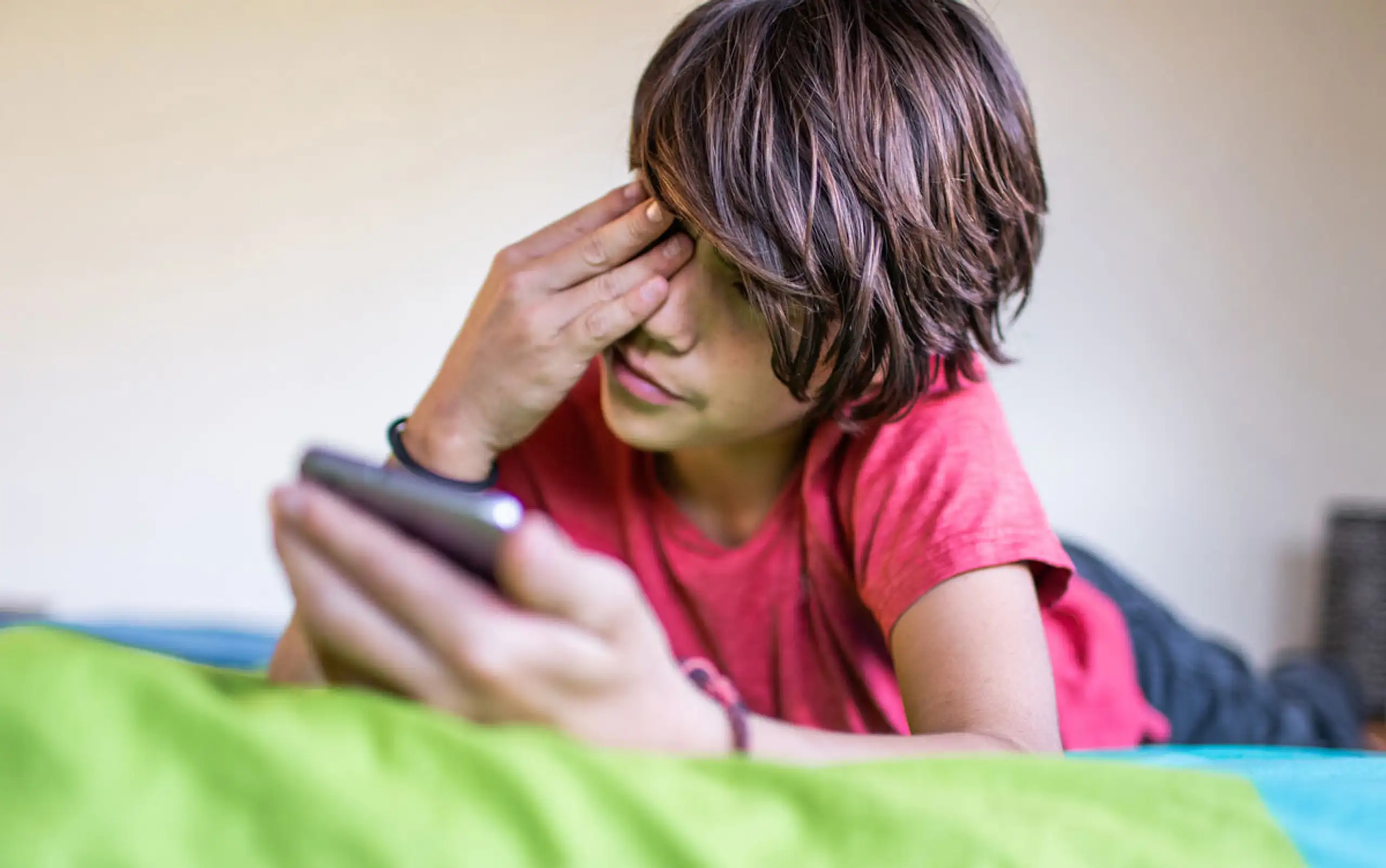In today’s digital age, children are growing up surrounded by screens, from smartphones and tablets to computers and televisions. While these devices offer numerous educational and entertainment opportunities, they also raise concerns about the potential health effects of excessive screen time, particularly on a child’s eyes. This article delves into the effects of too much screen time on a child’s eyes and provides insights into how parents and caregivers can promote healthy visual habits.
Understanding the Risks
Excessive screen time can have a range of negative effects on a child’s eyes. One of the most observed issues is digital eye strain, often referred to as computer vision syndrome. This condition can manifest through a variety of symptoms, including dry eyes, headaches, blurred vision, and eye fatigue. The constant focusing and refocusing on screens, as well as the prolonged exposure to artificial blue light emitted by these devices, can significantly contribute to these symptoms.
Moreover, excessive screen time can hinder a child’s ability to blink regularly, causing their eyes to dry out. Reduced blinking not only leads to dry eyes but also decreases the eye’s ability to flush out irritants, potentially increasing the risk of eye infections.
Another concern is the impact of screens on a child’s overall eye development. Prolonged screen use can potentially lead to nearsightedness or myopia, as it encourages children to focus up close for extended periods. Myopia occurs when the eyeball grows too long, causing distant objects to appear blurry. While genetics play a role in myopia development, excessive screen time can exacerbate the condition in children who are predisposed to it.
The Role of Blue Light
Blue light, emitted by digital screens, is a significant contributor to eye strain and potential eye damage. Studies suggest that prolonged exposure to blue light can disrupt the sleep-wake cycle by suppressing melatonin production, making it difficult for children to fall asleep. Sleep disturbances can further exacerbate eye strain, as well as negatively impact a child’s overall health and cognitive function.
In addition to sleep disruption, blue light exposure may also contribute to retinal damage. Although research is ongoing, there are concerns that prolonged exposure to high-energy blue light may damage retinal cells over time, potentially leading to age-related macular degeneration, a leading cause of vision loss in adults.
Preventing Eye Strain
It’s crucial for parents and caregivers to take steps to mitigate the potential negative effects of excessive screen time on a child’s eyes. Here are some practical strategies:
1. Implement the 20-20-20 rule: Encourage children to take a 20-second break every 20 minutes to look at something 20 feet away. This helps reduce eye strain and encourages them to blink more frequently.
2. Control screen brightness and blue light: Adjust the brightness of screens to match the surrounding environment and consider using blue light filters or glasses to reduce exposure to harmful blue light.
3. Maintain proper screen distance: Encourage children to keep screens at a safe distance from their eyes, roughly 18-24 inches away. This reduces the need for excessive focusing.
4. Limit screen time: Establish clear daily limits on screen time and encourage children to engage in physical activities, read books, or pursue hobbies that don’t involve screens.
5. Regular eye exams: Schedule annual eye exams for your child to detect any vision problems or eye conditions early. Early intervention can help prevent long-term issues.
Conclusion
While screens have become an integral part of children’s lives, it’s essential to understand and address the potential consequences of excessive screen time on their eyes. Digital eye strain, dry eyes, and the risk of myopia are real concerns that can affect a child’s well-being and development. By taking proactive steps to encourage healthy screen habits, parents and caregivers can help protect their children’s eye health and promote a more balanced and fulfilling lifestyle that doesn’t solely revolve around screens. Striking the right balance between screen time and other activities is crucial for the long-term well-being of our children’s eyes and overall health.
Sometime problems from too much screen time can go undetected. It is important that your child has an eye exam annually to avoid long term vision issues. Medicaid and most insurances cover annual exams for children. Below is a list of optometrist’s offices that specialize in pediatric vision care.
Colorado
Adventure Dental, Vision & Orthodontics – Aurora, Denver, Commerce City, Greeley, Lakewood, Longmont
Academy Kids – Colorado Springs, Pueblo
Kansas
Adventure Dental, Vision & Orthodontics – Kansas City, Topeka, Wichita
Maryland
Adventure Dental, Vision & Orthodontics – Baltimore, Essex
New Mexico
Adventure Dental, Vision & Orthodontics – Albuquerque, Santa Fe
Oklahoma
Adventure Dental, Vision & Orthodontics – Midwest City
Pediatric Dental Care – Tulsa
Washington DC
Adventure Dental, Vision & Orthodontics – DC, Landover Hills
 Skip to main content
Skip to main content














